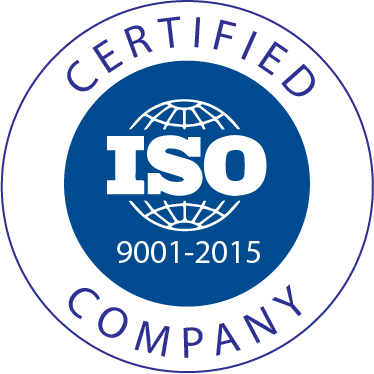After the determination of the stage, the doctor chooses the best suitable treatment options for the patient. The treatment plan prepared is specific to every patient and is best suited to meet the individual needs. The treatment plan may include the following options.
Surgery
Different types of surgery options can be used as per the identified stage of colorectal cancer. Surgery can be divided into two major segments: Early stage colorectal cancer surgery and advanced stage colorectal cancer surgery.
Early stage colorectal cancer surgery: This is a minimally-invasive form of surgery, which is typically recommended when the cancer is small and has not spread to other parts of the body.
Early stage colorectal cancer surgery includes the following procedures:
- Removing polyps during colonoscopy: If the cancer is small and in its early stage, your doctor may be able to remove it completely during a colonoscopy.
- Endoscopic mucosal resection: In this procedure, a larger polyp can be removed by taking out a small amount of the lining of the colon.
- Minimally-invasive surgery: It is also called laparoscopic surgery. In this procedure, your surgeon operates the polyps by making several small incisions in your abdominal wall. Instruments with attached cameras are inserted that display your colon on a video monitor.
Advance stage colorectal cancer surgery
This is a more invasive surgical option, recommended when cancer has grown into or through your colon. It can be of the following types:
- Partial colectomy: During this procedure, the surgeon removes the part of the colon that contains cancer. Normal tissue may also be removed along with a margin cancer. The healthy portions of the colon or rectum are reconnected after the removal of cancer.
- Surgery to create a way for waste to leave your body: You may need a permanent or temporary colostomy when it is not possible to reconnect the healthy portions of your colon or rectum.
- Lymph node removal: Usually, nearby lymph nodes are also removed during colon cancer surgery to remove cancer or to prevent cancer recurrence.
Chemotherapy
In chemotherapy treatment, an anti-cancer drug is used to destroy the cancerous cells. It is commonly used before surgery, in an attempt to shrink a tumor before its surgical removal. It can also be given to relieve symptoms of colon cancer, in case it has spread to other parts of the body.
A certain number of chemotherapy cycles are also repeated after the surgery to kill the remaining cancer cells. This helps minimize the chances of cancer recurrence.
Radiation therapy
In this treatment, radiation beams such as X-ray or proton beam are used to kill cancer cells. It also prevents cancer cells from multiplying any further. This treatment is more commonly used for rectal cancer treatment before surgery to shrink the tumor. It can also be used after the surgery. Radiation therapy is the best treatment if cancer has penetrated through the wall of the rectum or traveled to nearby lymph nodes.
Targeted drug therapy
Targeted drug therapy is typically used for people with advanced colon cancer. It can be given alone or in combination with chemotherapy. Specific drugs help cancer cells commit suicide and strengthen the immune system. However, this treatment comes with limited benefits and risk of side effects.






